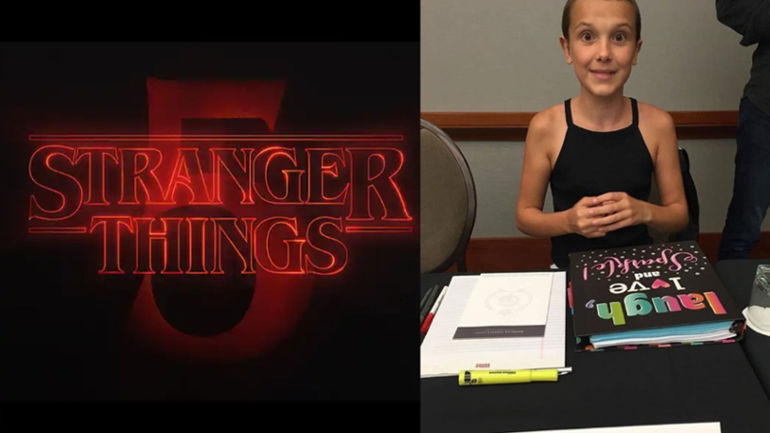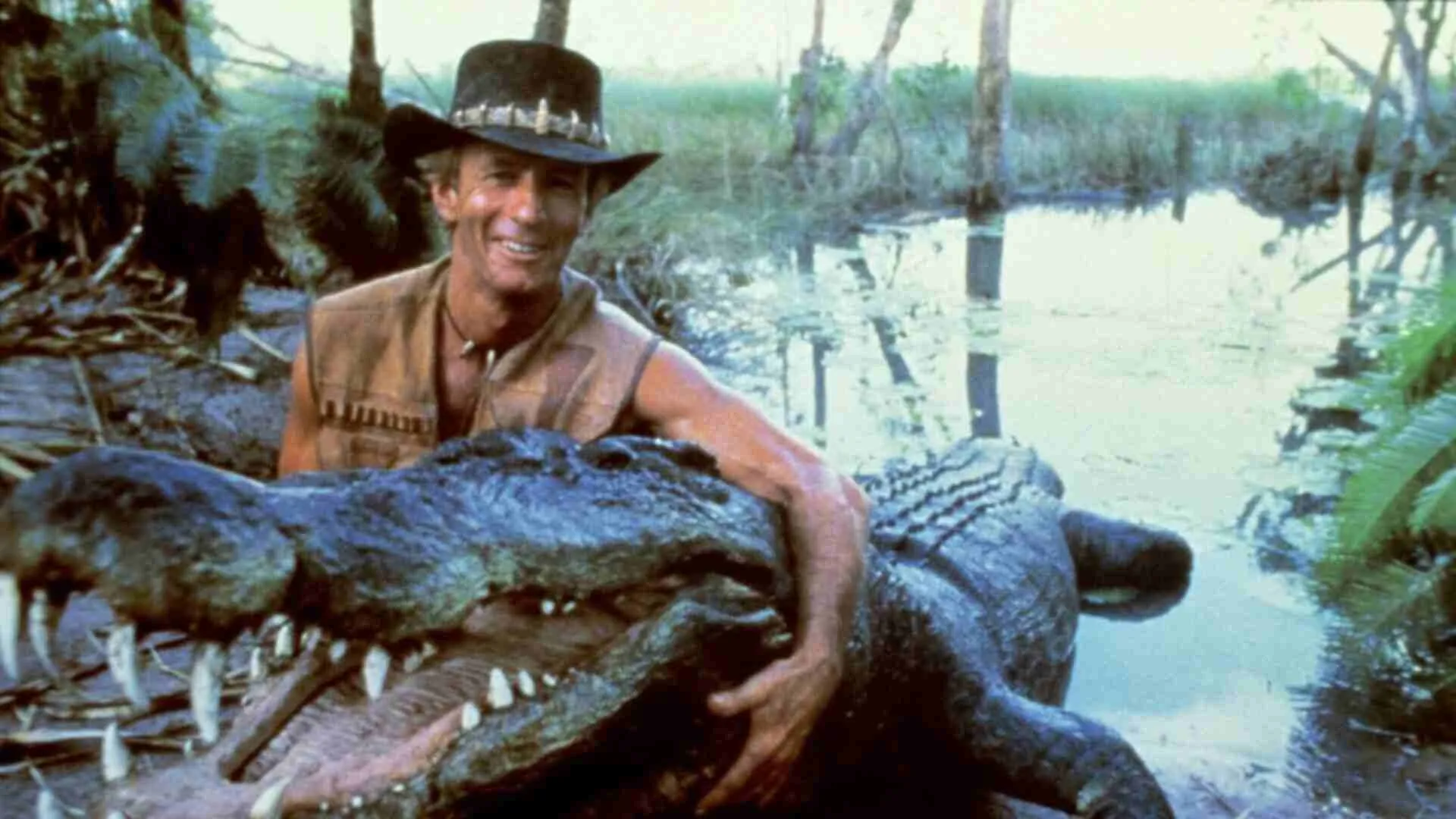A family from Bihar had a terrifying experience while traveling to Goa after Google Maps led them into the dense Bhimgad forest in Karnataka‘s Belagavi district. Ranjit Das and his family, who were traveling on December 4, depended on the navigation app, which recommended a shortcut through the Shiroli and Hemmadaga regions. The family unwittingly went 7-8 kilometres deep into the forest only to find themselves stranded with no mobile network late at night.
A Night Stranded in the Wilderness
Cut off from communication and surrounded by unfamiliar terrain, the family had little choice but to spend the night in their car. The forest, home to diverse wildlife and known for recent bear attacks, posed a threat to their safety. The next morning, Mr. Das went nearly four kilometers in search of mobile connectivity.
After reestablishment of network connectivity, he was able to makeemergency calls through the 112 helpline. Belagavi police control room immediately intimated Khanapur police. In cooperation with the localpeople, the police, aided by GPS coordinates, managed to locate and rescue the family trapped in the forest.
Khanapur police inspector Manjunath Nayak said the family was luckyto have escaped without injury. “The area has wildlife, including bears. A recent attack left a farmer seriously injured. This could have been far more dangerous,” he said.
Google Maps Under Fire for Misdirections
This is another in a growing list of complaints against Google Maps for the app’s misdirection. Late last November, three men drove off an unfinished bridge in Uttar Pradesh into a river, where they drowned after being led astray by the app. In August 2024, investor Ashish Kacholia missed a flight from Bengaluru to Mumbai as the app miscalculated travel time, turning an estimated 1 hour and 45 minutes into three hours.
The authorities asked the travelers to crosscheck routes in remote areas, not solely relying on the apps. It is a grim reminder of digitaloverdependence in places that are unknown or in rural areas.














